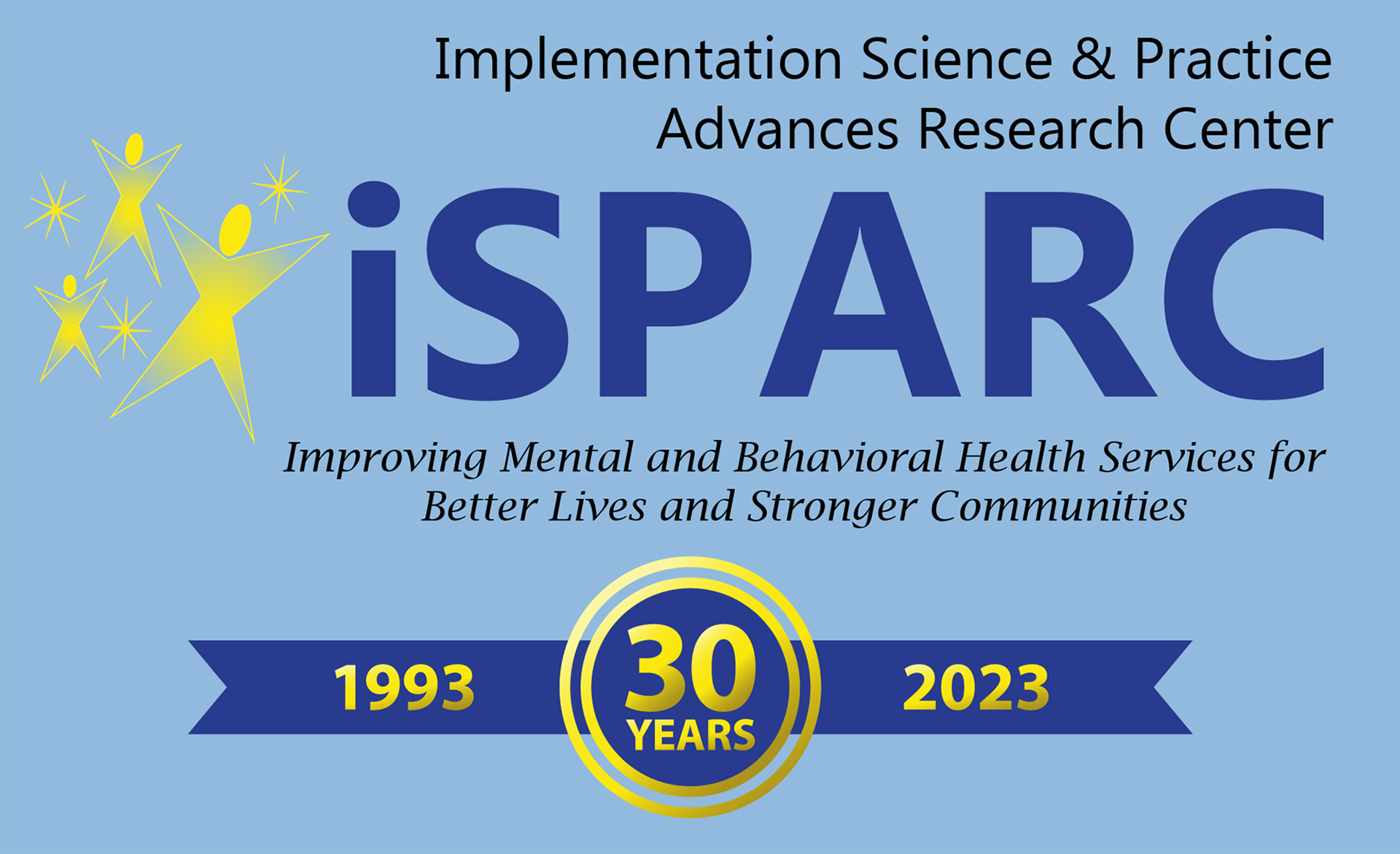Tips and Tricks To Starting a Young Adult Council
| Presentation slides |
Tips and Tricks to Starting a Young Adult Council
Raphael Mizrahi, B.S. and Tania Duperoy, B.A.
June 13, 2018
Young adult councils are an excellent way of engaging young adults with lived mental health experience to help improve mental health research and services, but they are still underutilized. In this webinar, the value of young adult councils along with in-depth instructions on how to organize one within any organization that serves young adult clients will be explained. We will use the National Youth Advisory Board, a virtual young adult council of the Transitions to Adulthood Center for Research, as well as other in-person councils, to illustrate how our center has benefitted from young adult councils.
Webinar Archive
-
Transforming Community Mental Health
-
Promoting Positive Youth Development in Juvenile Justice Settings: What Do We Need to Know?
-
Pathways to Self Sufficiency: Career & Technical Education for Youth with Emotional Disturbances
-
Academic Coaching for College Students with Mental Health Conditions by Peer Students: Pilot Results
-
Going Virtual: How 3 Young Adult Focused Services Pivoted to Virtual Platforms in 2020
-
Tips and Tricks to Developing and Sustaining a Family Advisory Board
-
Closing Gaps in Perinatal Mental Health Care by Building the Capacity of Frontline Providers
-
Supporting Youth Vocational Goals with Mental Health and Vocational Rehabilitation Collaboration
-
Are You a College Student with a Mental Health Condition? Managing the Wake of COVID: Strategies & Tools to Finish Your Semester
-
Q&A for Supporting College Students with Mental Health Conditions in the Wake of COVID-19 Webinar
-
Supporting College Students with Mental Health Conditions in the Wake of COVID-19
-
Increasing Therapy Usability for Deaf Sign Language Users
-
Re-Conceptualizing & Boosting Engagement for Young Adults with Serious Mental Health Needs in Community-Based Services
-
Best Practices for Transition Planning for High School Students with Mental Health Conditions
-
Moving from Trauma-Informed to Trauma-Responsive Care Through Training, Referral and Treatment for Youth and Families
